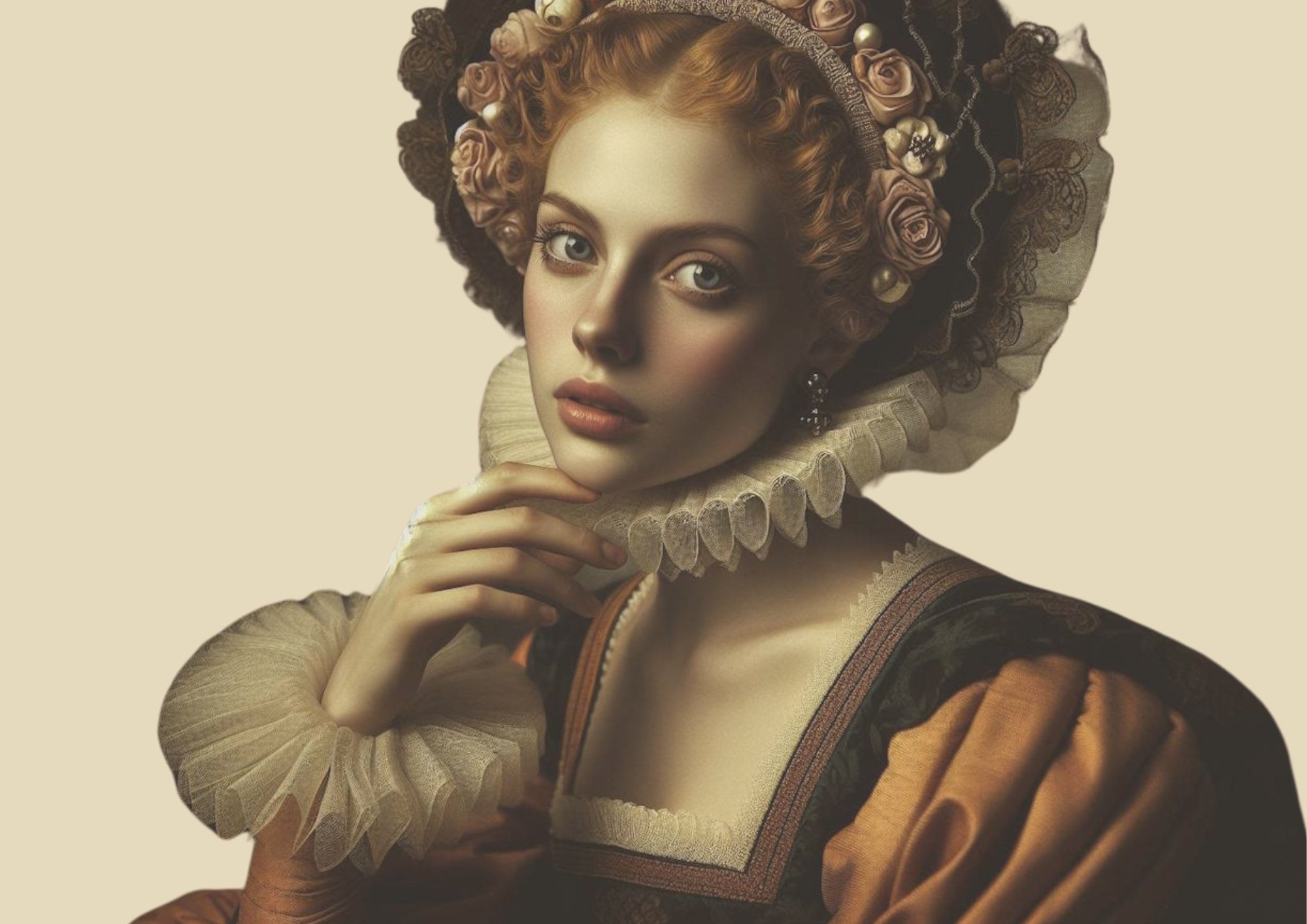William Shakespeare’s Sonnet 130, also known as “My mistress’ eyes are nothing like the sun,” is a poem that challenges the conventional idealization of beauty in love poetry of the time. Below is the short note on Sonnet No. 130.
A Short Note on Shakespeare’s Sonnet No. 130
In this sonnet Shakespeare expresses in an unconventional style. The poet like every passionate lover in this world believes his mistress to be a most beautiful woman, though he knows what are the proper necessities of beauty and also knows that his mistress has the lack of necessary qualities to be beautiful.
Essence of the Sonnet
Shakespeare describes the essential things in a lady to be a beautiful women in the whole sonnet. Only the couplet is rest in which the poet gives the proper notion of lover or himself. This couplet is result and a characteristic in all Shakespeare’s sonnets. Poet here suggests most significant comparison between his beloved and worldly pleasures (nature).

He compares the eyes with the sun, the redness of the lips with the coral, the whiteness of the breast with snow; cheeks with the roses (damasked) and the breath with the perfume, and much more pleasure he wants in his mistress; but his mistress has not the eyes like the sun, her lips are not red like coral, her breast is not white like snow but dark, her hairs are not wire-like, not any damasked rose is shown in the cheeks of her mistress and her breath is not well-perfumed. The poet knows that music is better than her sound but he wants only to hear his mistress speaking because of his love to her.
Now Shakespeare in his couplet expresses a lover’s thought and idea about his beloved that his beloved is extraordinarily beautiful, as beautiful as any woman who was depicted as an exceptional woman by the use of false comparison.
Elizabethan Idealism
Shakespeare in this sonnet accepts the style of Elizabethan idealism. We find such like descriptions in Spenser and Sidney etc. also. The comparison in this sonnet is very interesting. The comparison of eyes with the sun is the most significant to think the difference between the western and eastern literature.
Sun is the symbol of brightness and dazzling and dazzles the eyes of a person who watch it and like the sun the eyes also are very dazzling and hot to the western writers. Surely brightness of the eyes is beautiful and important but in the sun-like eyes the softness and the drop of tears are absent, and this very softness and the drop of tears much strike the eastern or Indian poet.
For Indian poet eyes are the the mirror in which he watches all his sorrow and his happiness, all his love and his hate and whole the sentences of the heart which does not join the tongue. Indian poet ‘Agyey‘ says to his beloved’s eyes-
तुम्हारे नैन
पहले भोर की दो ओस बूँदे हैं
अछूती, ज्योतिर्मय
भीतर द्रवित…
(Your eyes are two dew-drops from sky of the opening dawn- unsmashed, brightened and inwardly soaked….)
Another comparison of hair and wire is most common and significant in English literature and it occurs over and over again. ‘Spenser’ wrote in ‘Epithalamion‘-
Her long loose yellow locks lyke golden wyre
and Sestiad in ‘Hero and Leander‘-
Her tresses were of wire
knit like a net.
Thus in this sonnet Shakespeare finds his mistress wanting in all those attractions which are associated with beauty; and yet he thinks her to be the most beautiful woman in the world. So it is clearly proved that beauty lies in the beholder’s eyes.
Genuine Praise or a Satirical Note
This sonnet may contain genuine praise by Shakespeare to his mistress in the days when she was really in love with him, or it may be a satirical note on that woman when she had proved disloyal to him by changing her passion to another man from the poet. What the exact state of mind Shakespeare applies here is unsure, but after all this sonnet is great exercise on expression and description of praiseworthy beauty.
Original Text of the Sonnet No. 130
My mistress' eyes are nothing like the sun;
Coral is far more red than her lips' red;
If snow be white, why then her breasts are dun;
If hairs be wires, black wires grow on her head.
I have seen roses damasked, red and white,
But no such roses see I in her cheeks;
And in some perfumes is there more delight
Than in the breath that from my mistress reeks.
I love to hear her speak, yet well I know
That music hath a far more pleasing sound;
I grant I never saw a goddess go;
My mistress, when she walks, treads on the ground.
And yet, by heaven, I think my love as rare
As any she belied with false compare.Note
This article is originally published on Precious Works with the title “My mistress’ eyes are nothing like the sun”








